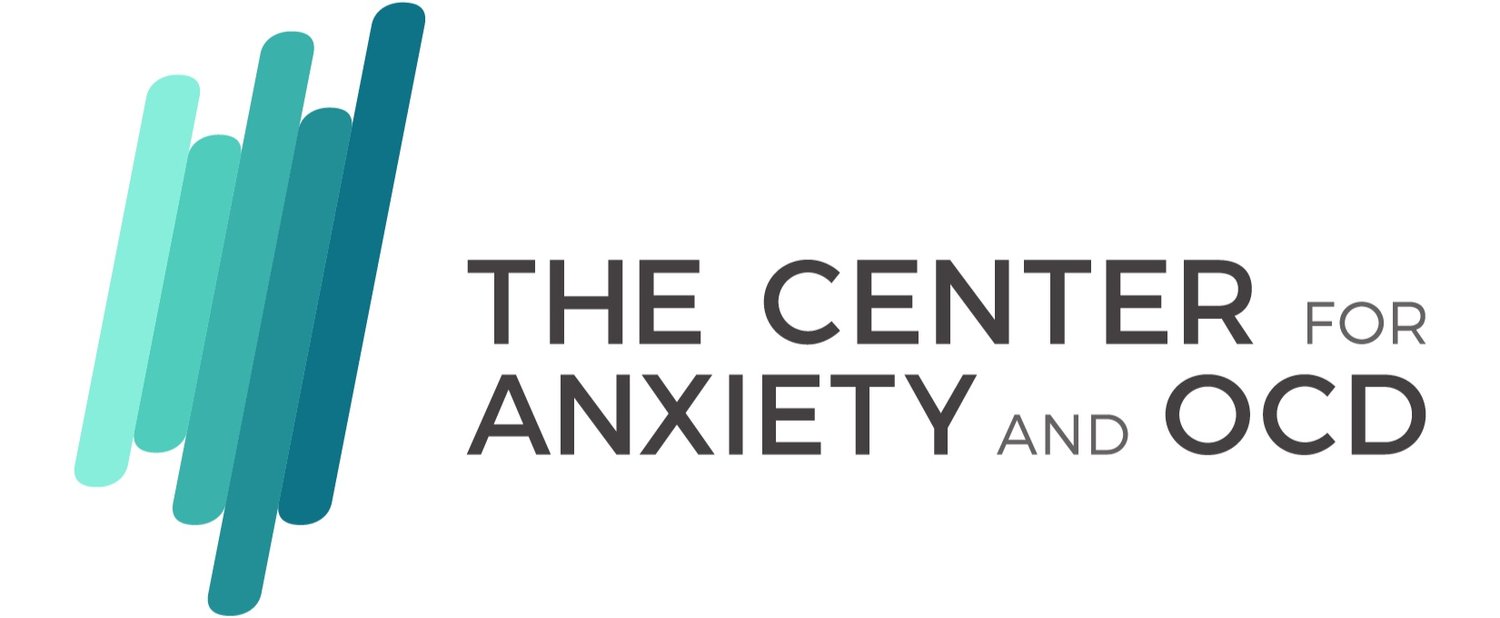
Tic Disorder
Tics are sudden, involuntary movements, twitches or sounds that an individual makes repeatedly. Often, these these tics are outside of the individuals awareness and can cause significant social and emotional distress. While tics can affect individuals of all ages, they are especially prevalent in children and studies have shown that up to 25% of children experience tics at some point in time in their childhood. For most, these tics are outgrown, while for others they continue in frequency and intensity and might qualify for a diagnosis of Persistent Tic Disorder or Tourette Syndrome. Research has shown that Tic Disorder is closely related to both Attention Deficit Hyperactivity Disorder (ADHD) and Obsessive Compulsive Disorder (OCD) and that Tic Disorders disproportionately affects boys.
Common Motor Tics
Head twitching
Nose wrinkling
Eye blinking
Lip biting
Facial grimaces
Shoulder shrugging
Common Vocal Tics
Coughing
Throat clearing
Sniffing
Grunting
Barking
Hissing
Treatment for Tic Disorders
Tic disorders are managed through the use of cognitive behavioral interventions for tics (CBIT) and habit reversal training (HRT) which offer the individual competing responses and help in identifying stressors and triggering situations that could be contributing times of increased tic behavior. This strategy is highly effective, with studies showing that 50% of those who undergo CBIT experience a reduction in tic severity and increased ability to function. For children, working with families and parents to help identify triggering situations and work through behavioral changes can offer meaningful results. A recent study showed that 87% of participants who responded to CBIT continued to do well six months after treatment, but it is important to remember that CBIT is a management strategy, not a cure. Those who are most successful in treatment view the tools they have learned in therapy as an ongoing practice and a set of tools that can be applied for the rest of their lives.
